
There are so many wonderful qualities that you may want in your next furry friend, from gentleness with children to athletic endurance. Every pup has traits and personalities as unique as their owners, but there are a few qualities that every dog owner would be grateful to witness.
Loyalty, for example, is a positive trait that any dog can have. Loyalty can be built over time as a dog/owner bond strengthens, but it can also be an innate quality that some dogs are born with. These pups may be more pack-oriented than aloof, or they may attach closely to one special person or animal friend. In any case, loyalty can be endearing, reassuring, and even life-saving.
But how can you find a loyal dog? Even though any canine friend can become a loyal companion, some breeds are known for their close bonds and devotion to loved ones. These are the most loyal dog breeds you’ll find, and what makes each of them so special.
Many Akitas follow in famous Hachiko’s footsteps
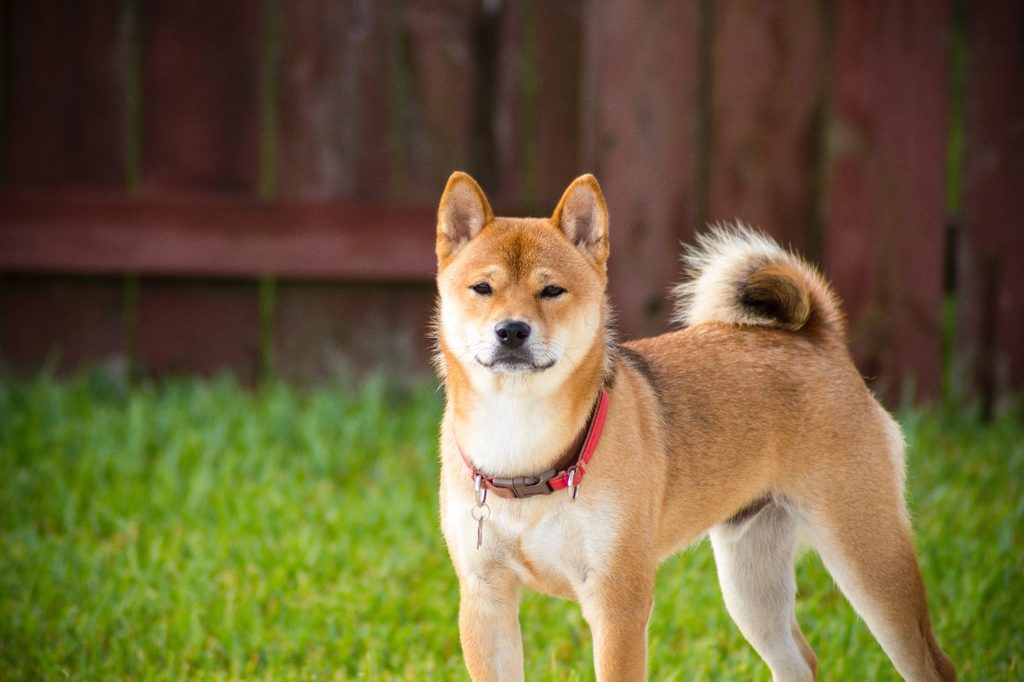
The proud and protective Akita is one of the most loyal large dog breeds you will ever meet. In fact, their loyalty can even err on the side of jealousy, so many of these dogs do best as the only pet in the home. With proper training and socialization from a young age, though, they can be a loving, loyal, and friendly companion that can switch into protection mode when needed.
The most famous Akita is Hachiko from Japan, who proved his loyalty every day for a decade. He would wait at the Shibuya train station in Tokyo for his owner to arrive home from work every day, even long after his owner tragically passed away. Today, Hachiko is the national symbol of loyalty in Japan.
Beagles are docile, trainable, and oh-so-loving
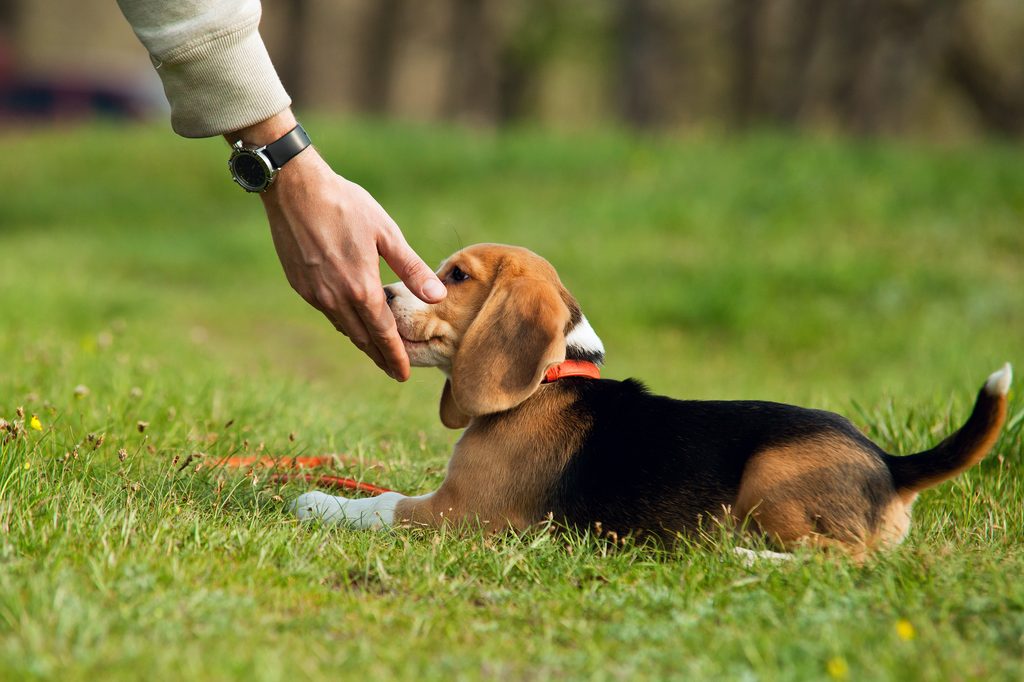
These adorable small dogs were bred to be pack hunters, which is why they’re still such loyal pets today. They may bond especially well with owners who let them indulge their tracking and hunting instincts or who participate in these activities alongside them.
While their ultra-sensitive noses can sometimes distract them, the beagle’s gentle and easygoing nature makes them an excellent companion for families, children, and seniors. But be warned — beagles like to bark and bay to alert their pack instead of keeping exciting information to themselves.
Cardigan Welsh corgis are active family dogs
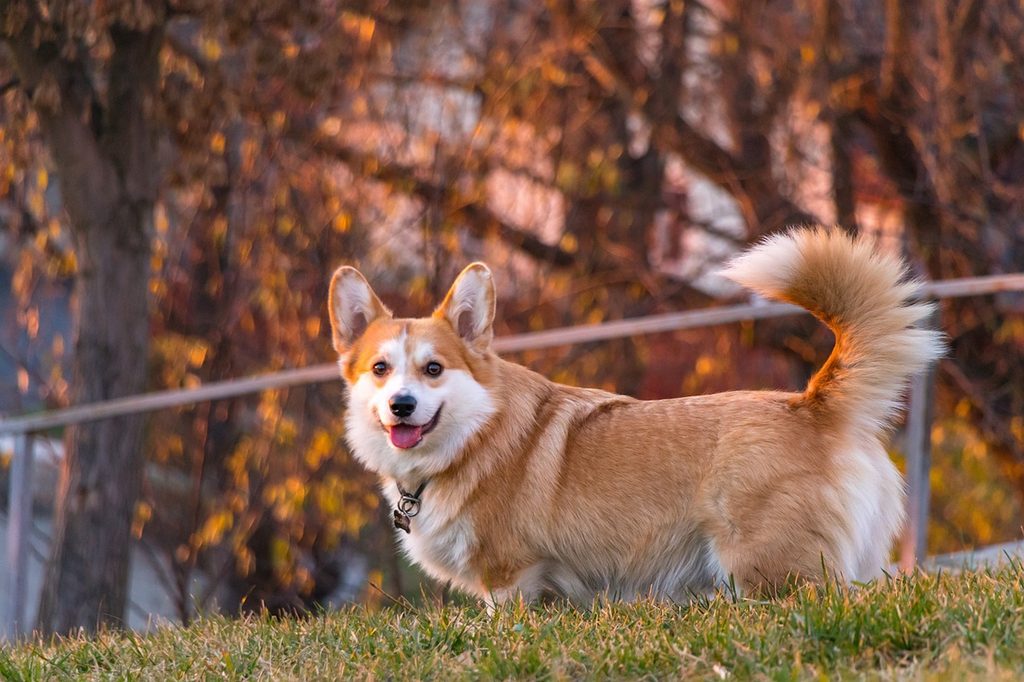
Both corgi breeds are known for their friendly natures and silly personalities, but one of them may be particularly loyal to owners and loved ones. The Cardigan Welsh corgi is the larger of the two breeds, but one can immediately tell the difference between the two by looking at their tails. “Cardis” have tails, while Pembroke Welsh corgis do not.
These stumpy-legged dogs have a long history as herding animals and farming companions, so there’s no question why they’re such loyal dogs. They are very smart and motivated, but their easygoing nature makes them excellent for junior show handlers and families with kids.
Collies are the epitome of loyalty
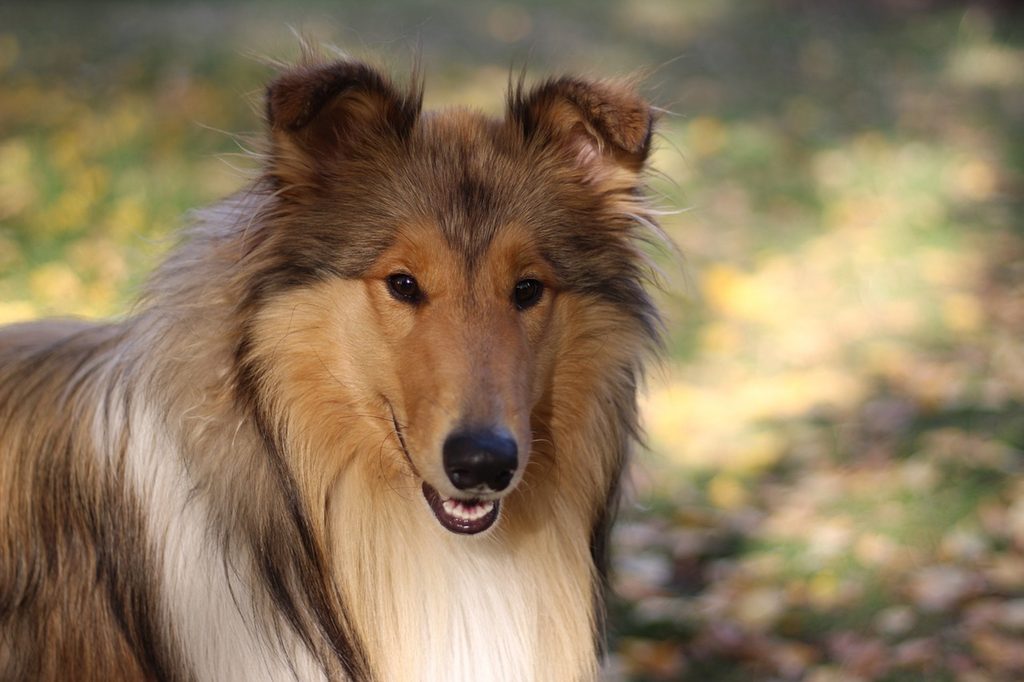
It’s hard to think about Collies without thinking of one of the most famous dogs in all of canine history. I’m talking about Lassie, of course! She may have been a fictional dog, but her long journey home to reunite with her young owner will be remembered for generations.
You’ll be happy to learn that Lassie is an accurate depiction of the graceful and devoted Collie. These dogs do best with a job to do and someone to bond with, and their famously gentle nature makes them wonderful pets (and even watch dogs) for children.
German shepherds are loyal to the end

If you need an example of this breed’s loyalty, look no further than your local police department. Shepherd breeds like the German shepherd or Belgian Malinois are equally motivated, protective, and smart, so they often do well with jobs such as scent detection, search and rescue, or even military work.
These loyal dogs are much larger and more driven to work than other dog breeds, so they need owners who can devote lots of time and effort to training. Once they’ve learned their tasks, though, shepherds work alongside their handlers as if reading their minds. These dogs can guard and protect and even herd animals and small children, so it’s important to give them plenty to do around the home.
Golden and Labrador retrievers are popular for a reason

These popular dog breeds are just as loyal as they are loving, which makes them excellent pets for almost anyone. No wonder so many people love Retriever breeds! Like the beagle, golden and Labrador retrievers were bred to hunt alongside people, so their deep bond with humans is instinctual.
Even so, retriever dogs need plenty of socialization and training to grow up friendly and well mannered. They are naturally loving and affectionate, though, and can put a smile on almost anyone’s face.\
Rottweilers are so much more than their reputation
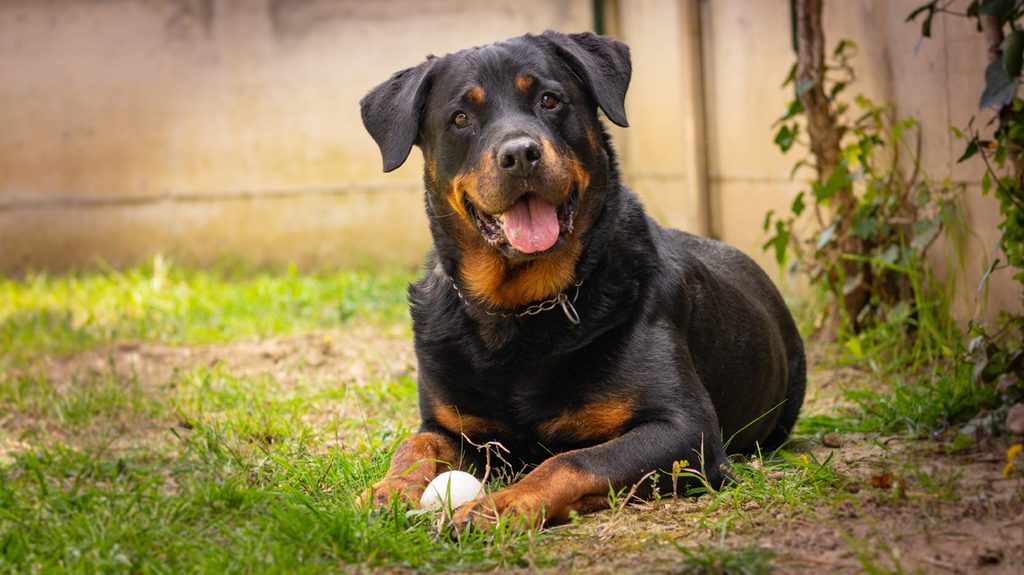
Although rottweilers have a bit of a reputation as “scary dogs,” a well-trained and socialized rottie is anything but. True, they are strong, hard-headed, and protective dogs, but time, patience, and consistency can help anyone raise a friendly and obedient dog. Their loyalty will shine through in their eagerness to please and protect, which is why many people adopt a rottweiler for an increased sense of personal protection.
Shih tzus were born to be lap dogs
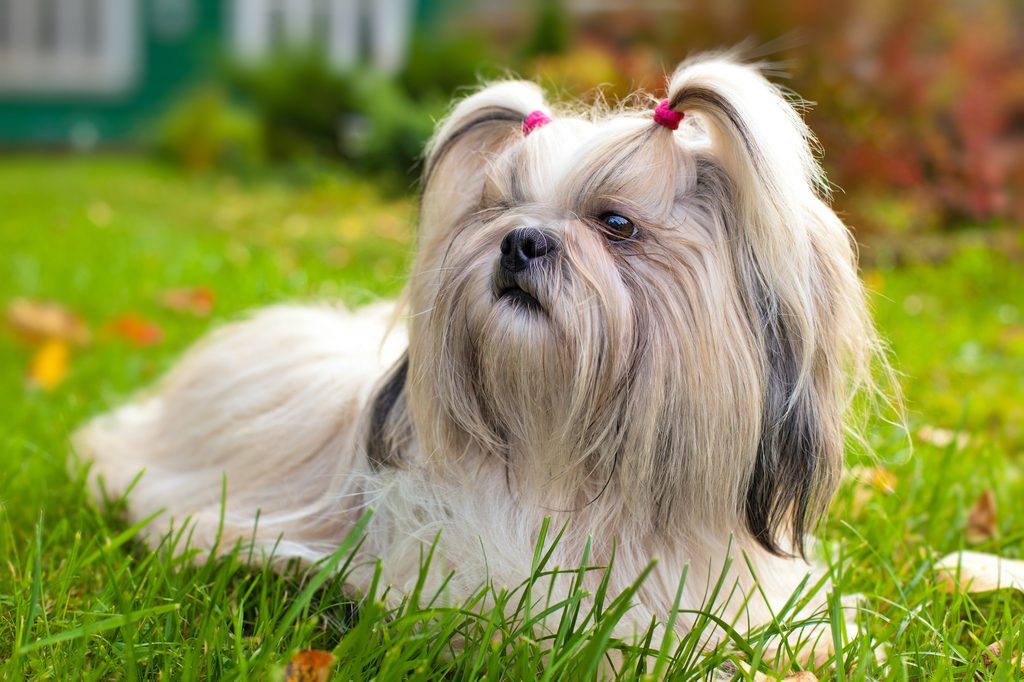
As a loyal small dog breed, shih tzus would live on your lap if they could. They were actually bred to be companion dogs in Tibetan monasteries, so love and loyalty are literally in their blood. Let’s just say — shih tzu dogs love to be around their people! They thrive with companionship and enjoy being pampered, but they can suffer from separation anxiety when left alone for too long. Fortunately, they are often motivated by praise, so training them to become comfortable when alone for a short while isn’t impossible.
Whether you’re looking for a large dog or a tiny one, there are plenty of loyal dog breeds out there for you to consider. This is only 8 of over 200 recognized dog breeds, so it’s OK to take your time while doing research. Happy tails!



